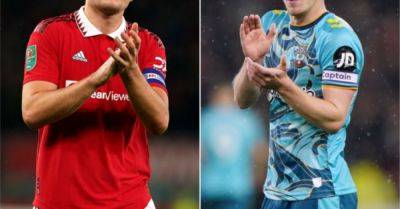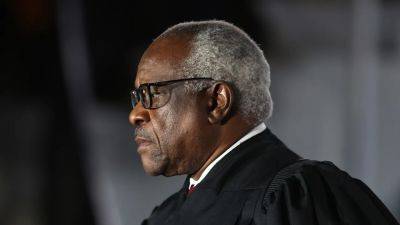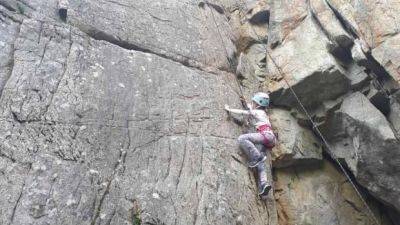Indigenous pro wrestler Clarence Henhawke lives on as a legend in Ingersoll, Ont.
Nearly 15 years after his death, pro wrestler Clarence Henhawke lives on as legend in Ingersoll, Ont.
Henhawke, whose family was from Six Nations of the Grand River territory, was a child when his family moved to Ingersoll with his siblings.
Henhawke excelled in sports. He was first a skilled hockey player and played semi-professionally, and made his first appearance in the wrestling ring in 1960.
"He was 6-foot-2," said his son, Roger, 73, who recalls working out with his dad in the home gym after he took up wrestling. "He weighed about 280 pounds and was as strong as an ox.
"He became pretty legendary here in Ingersoll," he said.
Clarence, who called himself Chief Golden Hawk, wore a long headdress and moccasins in the ring. He competed at a time when many wrestlers who weren't Indigenous pretended they were.
Clarence also didn't win many matches. He was usually on the card to lose.
"He got called in to one of Andre the Giant's matches," said Roger. "He had to be with a whole bunch of other guys and he would do their thing to them, and Andre would come out the winner, right?"
That's the way the game worked, said Roger. But they had a job to make the show entertaining.
Roger remembers his father as a leader and family man who worked hard to stand out in the community.
"Coming off the reserve, being introduced to a new community, they had to work their way into getting accepted," said Roger. Sports was a big part of that, he said.
"It was the easiest way for them to go and be noticed in the community.
"We know we got hardships," said Roger about his extended family, including a grandfather who spent time in a residential school.
"But let's go out and be honest and earn the respect that we had coming to us. And [the








